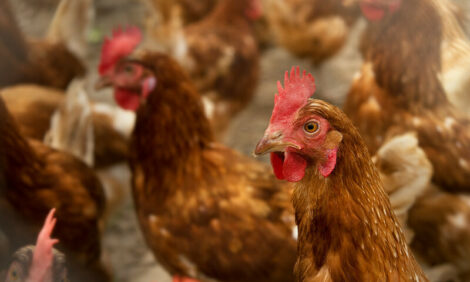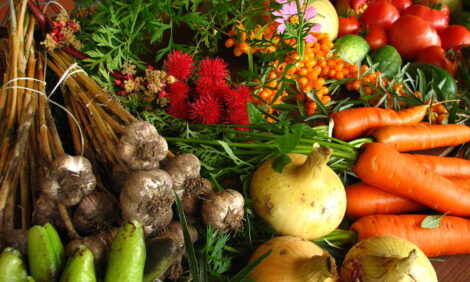



China: The Impact of a Modest Love for Meat
CHINA - World food prices are being destabilised by China's rising middle class and the desire to eat meat, but in comparison to the West the Chinese are only modest meat consumers.Nothing symbolizes such change more than meat says Jonathan Watts of Taipei Times. The world’s most populous nation is becoming more carnivorous. In 1980, when the population was still under one billion, the average Chinese person ate 20kg of meat; last year, with an extra 300 million people, it was 54kg.
* "In the past we couldn’t imagine a meal like this" |
|
Zhang Xiuwen, a Chinese migrant
|
The country as a whole now chomps through more than 60 million tonnes of meat a year, roughly equivalent to 240 million cows, or 600 million pigs, or 24 billion chickens. It is a worldwide trend that is taking grain away from the world’s poor. The consumption of meat in developing countries is rising by more than 5 percent a year.
Zhang Xiuwen, a Chinese migrant, reckons his family spends about 250 yuan a week on food, half of it on meat.
“I love beef. I was told it is a good source of protein for sportsmen, that it gives us strength. But I also buy more chicken, pork and fish than before so that I get a balanced diet,” he said.
To produce a kilogram of beef farmers need 8kg of feed; for pork about 6kg; for chicken 2kg. Worldwide, 700 million tonnes of grain are needed to fatten animals each year.
As he slices pork in his kitchen, Zhang explained that even the lunch he is preparing would have been considered a luxury during his childhood.
“In the past we couldn’t imagine a meal like this,” he said. “Children looked forward to spring festival, partly because it was fun, but also because it was a chance to eat meat. But now we can eat meat every day if we want. It has become part of our lives.”











